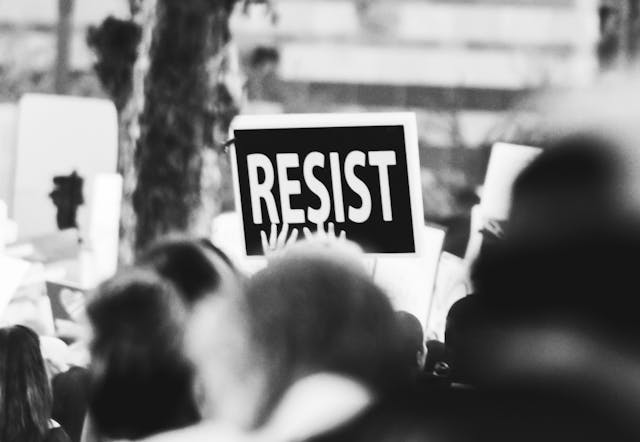Dear members and friends of the San Francisco Swedenborgian Church,
For one hundred and thirty years, our sanctuary of a garden church has rested in Pacific Heights, withstanding a cataclysmic earthquake and devastating fires, the turmoil and unrest of world wars, and different social conflicts, from race riots to the AIDS crisis. Our community finds itself living again through a very troubled moment, where the basic democratic norms of a free and civil society are facing unprecedented challenges. Together, drawing on our spiritual resources as a community, I am hopeful our little church will help our larger communities weather this growing storm, and meet this moment with courage and Christian witnessing.
Part of our theological tradition rests in the thought and writings of the eighteenth-century Swedish mystic, Emanuel Swedenborg. In a recent Sunday message I had asked us to reflect on WWJD (“what would Jesus do?”) when it comes to making (spiritual) judgements amidst so much disagreement and division. Some of you have asked me WWSD – what would Swedenborg do? – in light of our current situation.
That’s a great question worthy of longer reflection and nuanced consideration. Certainly, at the heart of Swedenborgian theology is a fundamental concept of freedom: that we must all be left in freedom to choose (the good of God, or the selfish loves of ourselves and the world). Things that take away this freedom—laws, circumstances, addictions, mental illness—are negative, and not in God’s will or divine order. There is a long history of the ways that Swedenborg’s concepts of (spiritual) freedom helped fuel abolitionist and anti-slavery struggles, and the related modern foundations of human rights. As a member of the House of Nobles, Swedenborg was also an active politician in the Swedish parliament, and it is clear his sympathies lay with the more democratic (and liberal) party of the “caps,” who were against Sweden’s aggressive militarism and expansionist ambitions to “make Sweden great again” by invading neighboring countries, like Russia. While we should resist easy parallels between prior, different eras and the complexity of our own unfolding present, there are valuable lessons to be learned from the past, and the theologies that were shaped by crisis and challenge.
This is perhaps at the center of the Christian story—a set of divine teachings that emerged from an oppressed people, shaped by the crushing weight of empire. The redemptive message of love and forgiveness at the heart of these teachings was a radical threat to those in power, and it has remained a compelling call for justice and transformation in the centuries ever since. May we all keep the love of Christ, and the inflow of Divine Love and Wisdom into our hearts, in the coming weeks and months of our “hot town, summer in the city.”
See some of you on Sunday,
Rev. Dr. Devin Zuber

